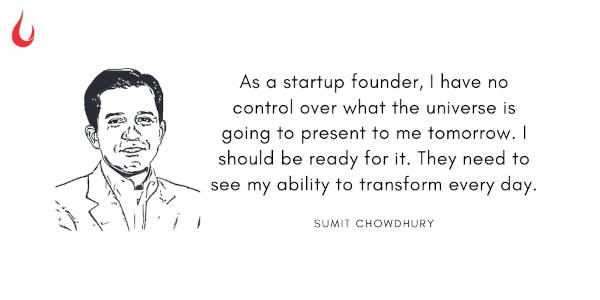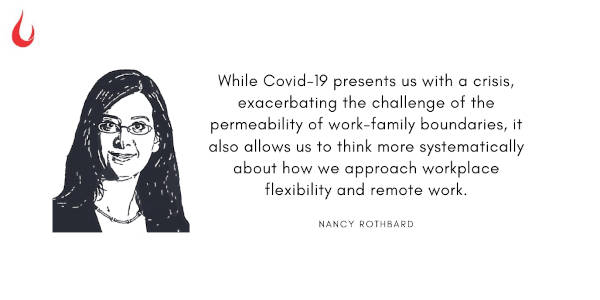[Image by Capri23auto from Pixabay]
“Why do CEOs keep making pricey acquisitions that rarely pay off?” This question occurs in the pages of Decisive: How to Make Better Decisions in Life and Work by Chip and Dan Heath. An investigation of this question led the Heath brothers to the writings of Mathew Hayward and Donald Hambrick who were puzzled by this phenomenon. After poring over the literature, they wrote:
“The answer, they suspected, might have more to do with human flaws than with financial miscalculations. They theorised that the acquiring CEOs were being led astray by their own hubris.
“Hayward and Hambrick speculated that executives’ hubris—their confidence that they could work magic with their acquisitions—would lead them to overpay for their targets. The researchers tested this theory by analysing every large acquisition ($100 million or more) conducted in the public markets during a two-year period, a sample that contained 106 transactions. What they wanted to see was whether the price paid in the acquisition was influenced by three particular factors, all of which would tend to inflate the ego of the acquiring CEO:
- Praise by the media
- Strong recent corporate performance (which the CEO could interpret as evidence of his/her genius)
- A sense of self-importance (which was measured, cleverly, by looking at the gap between the CEO’s compensation package and the next-highest-paid officer—a CEO must think a lot of himself if he’s paid quadruple the salary of anyone else)
“Hayward and Hambrick were right on all counts. As each of these three factors increased, so did the tendency of a CEO to pay a higher premium for an acquisition.
“As one example, they found that for every favourable article written in a major publication about the CEO, the acquisition premium paid went up by 4.8%. That’s a $4.8 million boost on a $100 million acquisition! Because of one flattering article! And a second article would inflate it by another $4.8 million….
“All of this suggests an important lesson for entrepreneurs: If you’re looking to sell your company, definitely call the person on the cover of Forbes.”
Worth thinking about on a Friday, isn’t it?
In this issue
- A new world, new rules
- Building WFH boundaries
- Caustic Covid
A new world, new rules
When Rajesh Srivastava’s book The New Rules of Business was launched earlier this year, “Where is the world moving to?” was a question our co-founder Indrajit Gupta thought must be asked. Sumit Chowdhury, founder and CEO of GAIA Smart Cities and Haresh Chawla, partner at True North, were on the panel to tackle this question.

When asked about how young people think and where does their confidence come from, Chowdhury had an interesting observation to make. “They’re not breaking down everything into zeros and ones. It’s a whole lot of probabilities in the middle and that is how they define everything… from the cars they buy, the books they read, to the friends they make. We had few. They are able to distribute their thinking.”
Chawla was on the same page. “[Now] you can code a billion-dollar company into existence in 10 or 15 days. That’s where the confidence is coming in, therefore capital is flowing in. And [young] people know the gifts of technology, who are able to understand you can reach out to millions of people…”
When young people have made shifts such as this, what will it take leaders from an older generation to stay relevant and how must business education change? These were other themes they discussed.
Dig Deeper
Building WFH boundaries
The most recent edition of the Harvard Business Review (HBR) has a compelling essay by Nancy Rothbard of the Wharton School that asks leaders to re-examine their assumptions about what the WFH life means. She writes that much has changed since the onset of Covid-19.

“Back when you worked at an office, maybe your family dropped by to visit you or you regularly took work home. Or you may have tried to separate home and family, taking work-related calls at work and family-related calls at home. These preferences—known as integration and segmentation—are key factors in the ways we navigate our daily boundaries. Integrators, as the first example above demonstrates, tend to blur work-family boundaries; segmentors, on the other hand, strive to preserve clear ones.
“Today, segmentors’ strong desire to keep their office and family lives separate is almost impossible to satisfy while working from home. For integrators, the sudden and fully immersive blurring of work and home boundaries can be difficult if they’ve never felt the need to separate work and home in the past but might have to now.”
This reality, Rothbard’s research suggests, is placing a strain on people, organizations and the boundaries within which they operate. Therefore, she recommends, it is time those in leadership roles acknowledge these differences and deal with it.
Dig Deeper
Caustic Covid
We think this a smart way to express displeasure (or be sarcastic) when someone refuses to follow protocol.

(Via WhatsApp)
How do you react when people around you refuse to uphold protocol in these trying times? Let us know on our Slack channel. And if you missed previous editions of this newsletter, they’re all archived here.
Bookmark Founding Fuel’s special section on Thriving in Volatile Times. All our stories on how individuals and businesses are responding to the pandemic until now are posted there.
Warm regards,
Team Founding Fuel


